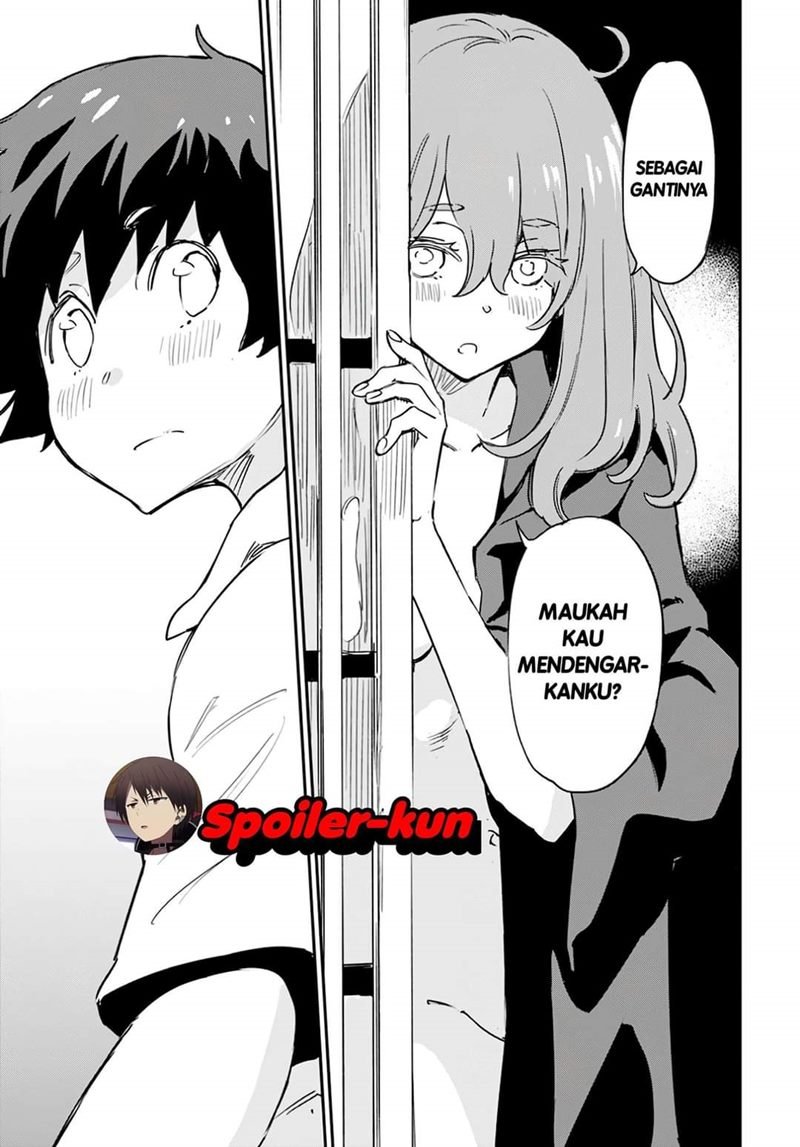Exploring The Enchantment Of Majo Wa
Majo wa is a term that has gained prominence in various cultures, particularly in the realm of anime and video games. It translates to "witch" in Japanese, and its significance transcends mere definition, delving into themes of magic, femininity, and the supernatural. The allure of majo wa draws individuals into a world where the boundaries between reality and fantasy blur, creating a rich tapestry of stories, characters, and experiences that captivate audiences worldwide.
The concept of majo wa is not just limited to the witch archetype; it embodies a fusion of power, mystique, and rebellion against societal norms. Across different narratives, majo wa figures often challenge traditional roles, using their skills to navigate complex emotions and confront societal expectations. This exploration of identity and empowerment resonates deeply with many, making it a compelling subject of interest for fans of various media.
In this article, we will delve deeper into the enchanting world of majo wa, exploring its origins, cultural significance, and the various representations of witches in popular culture. We will also examine how these characters reflect societal changes and the evolving perceptions of femininity, power, and magic. Join us on this captivating journey through the mystical realms of majo wa.
What is the Significance of Majo Wa in Japanese Culture?
The term majo wa carries profound significance in Japanese culture, often intertwining with folklore and traditional beliefs. Historically, witches have been depicted in various forms, from benevolent figures to malevolent sorceresses. This duality reflects societal attitudes towards women and power, revealing much about cultural values and fears.
How Do Majo Wa Characters Reflect Societal Changes?
Majo wa characters serve as mirrors to societal changes, showcasing the evolution of women's roles across generations. In earlier narratives, witches were often portrayed as outcasts or villains, embodying fears of female empowerment. However, modern interpretations have shifted, presenting majo wa as complex, multi-dimensional figures who embrace their power and agency.
Which Popular Media Features Majo Wa?
The representation of majo wa can be found in various forms of media, including:
- Anime and Manga: Popular series such as "Little Witch Academia" and "Kiki's Delivery Service" showcase young witches embarking on adventures, highlighting themes of friendship and self-discovery.
- Video Games: Titles like "Final Fantasy" and "The Witcher" incorporate witch characters into their narratives, often exploring moral dilemmas and the consequences of power.
- Literature: Books such as "The Witch's Heart" by Kim D. Williams delve into the complexities of witchcraft and the struggles faced by women in a patriarchal society.
Who Are the Most Iconic Majo Wa Figures in Pop Culture?
Several majo wa figures have left an indelible mark on popular culture, each bringing their unique flair and story. Some of the most iconic include:
- Sabrina Spellman from "Chilling Adventures of Sabrina," who navigates the challenges of being a half-witch in a modern world.
- Ursula from Disney's "The Little Mermaid," a classic villain who embodies the darker aspects of witchcraft.
- Akko Kagari from "Little Witch Academia," a determined young witch striving to prove herself in a world of magic.
What Are the Common Themes Associated with Majo Wa?
The portrayal of majo wa often revolves around several recurring themes:
- Empowerment: Many stories focus on the journey of witches as they embrace their abilities and challenge societal expectations.
- Isolation: Witches are frequently depicted as outsiders, reflecting the struggles of those who break away from societal norms.
- Transformation: The idea of transformation is central to many majo wa narratives, symbolizing personal growth and self-discovery.
How Do Majo Wa Characters Influence Modern Feminism?
Majo wa characters have become symbols of modern feminism, representing the fight for autonomy and equality. Their stories often challenge stereotypes and highlight the struggles women face in asserting their identities. By reclaiming the witch archetype, these characters empower a new generation to embrace their strengths and defy societal limitations.
What Are Some Notable Majo Wa Films and Series?
Several films and series have brought the world of majo wa to life, enchanting audiences with their imaginative storytelling and vibrant characters. Notable mentions include:
- "Kiki's Delivery Service": A heartwarming tale of a young witch discovering her place in the world.
- "Little Witch Academia": An inspiring story of friendship and determination in a magical academy.
- "Witch Hunter Robin": A darker take on witchcraft, exploring themes of morality and justice.
How to Embrace the Spirit of Majo Wa in Daily Life?
Embracing the spirit of majo wa can be a transformative experience. Here are some ways to incorporate this enchanting essence into your life:
- Explore Creativity: Engage in creative pursuits such as art, writing, or crafting, allowing your imagination to flourish.
- Connect with Nature: Spend time outdoors, fostering a deeper connection with the natural world and its magic.
- Empower Yourself: Embrace your individuality and stand up for your beliefs, channeling the strength of majo wa characters.
Conclusion: Why Majo Wa is More Than Just a Fantasy
The concept of majo wa transcends fantasy, resonating deeply with themes of empowerment, identity, and societal transformation. Through the lens of witchcraft, we can explore complex narratives that challenge traditional gender roles and inspire individuals to embrace their true selves. As we continue to navigate the enchanting world of majo wa, we celebrate the magic within us all, reminding us that the power of transformation lies in our hands.
Article Recommendations



ncG1vNJzZmilqZu8rbXAZ5qopV%2BWtLOxwKylnq%2BjaHyurcmoZLCZXp3Brrg%3D